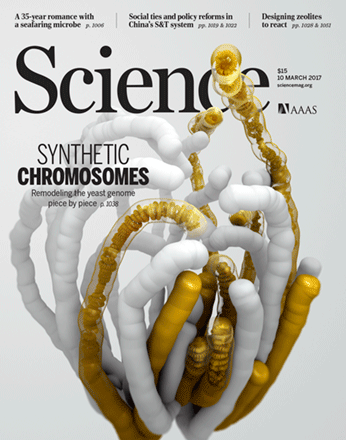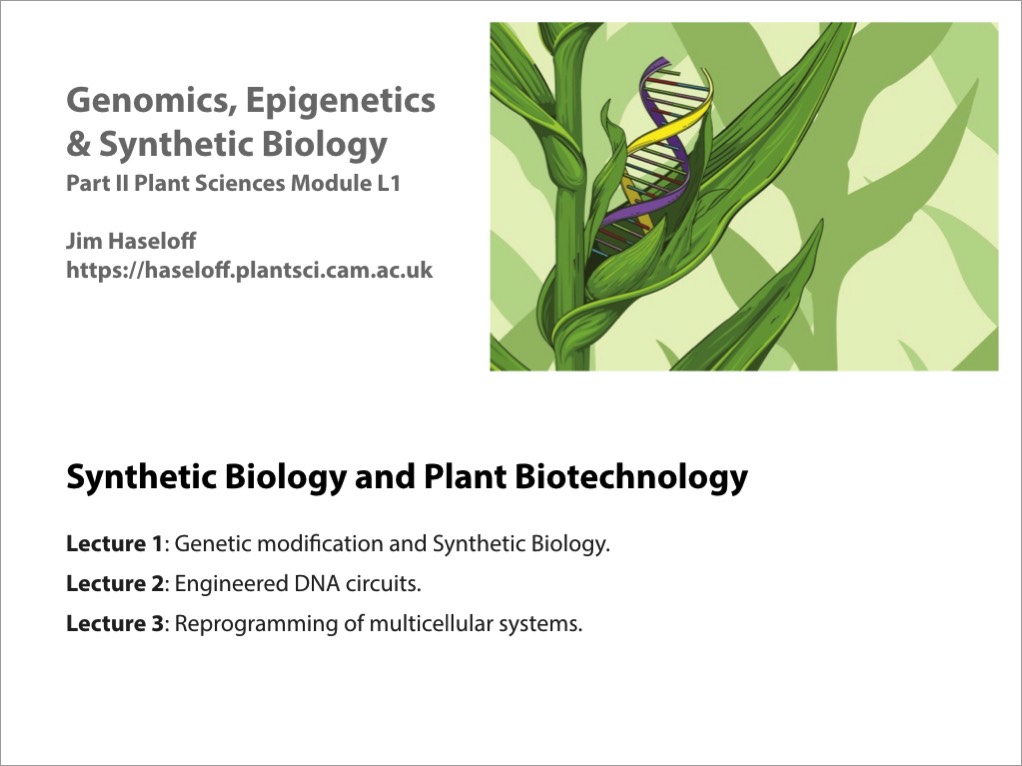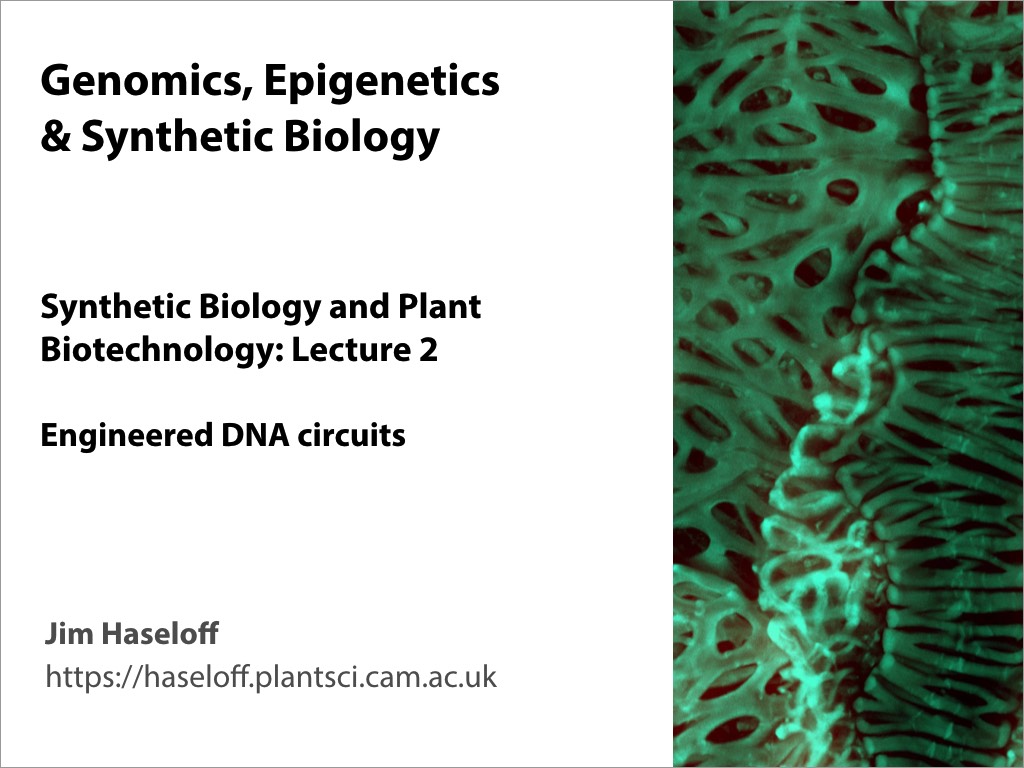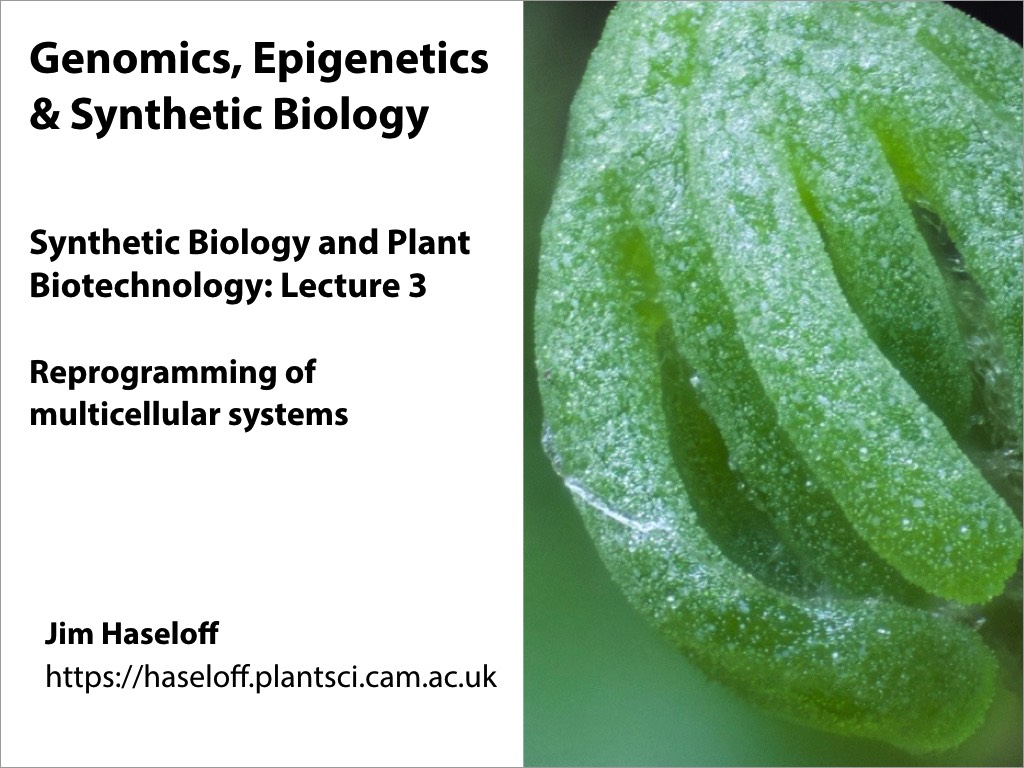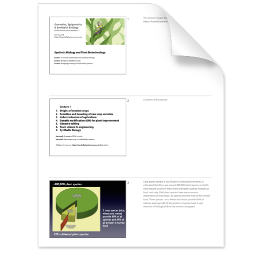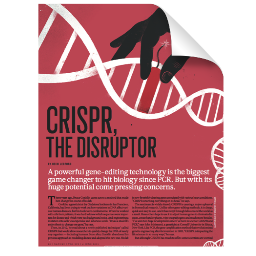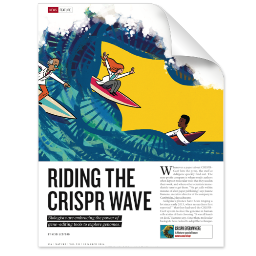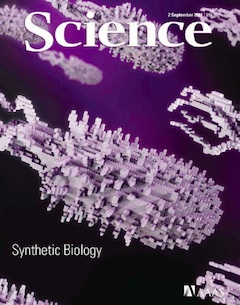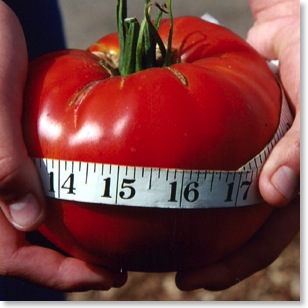
Genomics, Epigenetics & Synthetic Biology
Part II Plant Sciences Module L1
Synthetic Biology: Prof. Jim Haseloff
Part II Plant Sciences Module L1
Synthetic Biology: Prof. Jim Haseloff
Supplementary material:
Click here to find relevant papers as downloadable PDFs
Click here to find sample essay questions
Click here to see introductory videos
Click here to find relevant papers as downloadable PDFs
Click here to find sample essay questions
Click here to see introductory videos
Lecture 1: Genetic modification in agriculture and the advent of Synthetic Biology
1. Origins of modern crops
2. Selection and breeding of new crop varieties
3. Industrialisation of agriculture
4. Genetic modification (GM) for plant improvement
5. Genome editing
6. From science to engineering
7. Synthetic Biology
Click here to see slide show
Origin and emergence of the sweet dessert watermelon, Citrullus lanatus. Paris, H.S., 2015. Annals of Botany 116(2), pp.133–148.
GM plants: Questions and answers. Royal Society, 2016. p.40.
Global status of commercialised Biotech/GM crops: 2016, ISAAA Brief No. 52, 2016.
Synthetic biology: applications come of age. Khalil, A.S.S. & Collins, J.J.J., 2010. Nature Reviews Genetics, 11(5), pp.367–379.
More background information about crop domestication at: PMS1B Lecture 1
2. Selection and breeding of new crop varieties
3. Industrialisation of agriculture
4. Genetic modification (GM) for plant improvement
5. Genome editing
6. From science to engineering
7. Synthetic Biology
Click here to see slide show
Origin and emergence of the sweet dessert watermelon, Citrullus lanatus. Paris, H.S., 2015. Annals of Botany 116(2), pp.133–148.
GM plants: Questions and answers. Royal Society, 2016. p.40.
Global status of commercialised Biotech/GM crops: 2016, ISAAA Brief No. 52, 2016.
Synthetic biology: applications come of age. Khalil, A.S.S. & Collins, J.J.J., 2010. Nature Reviews Genetics, 11(5), pp.367–379.
More background information about crop domestication at: PMS1B Lecture 1
Lecture 2: Synthetic Biology and genome scale DNA engineering
8. Microbial test systems
9. Feedback mediated regulation
10. Repressilator
11. Circuit optimisation
12. In vitro systems for rapid testing
13. Single cell analysis
14. Computational modelling
15. Megabase-scale genome refactoring
16. Engineering of cellular metabolism
Click here to see slide show
Implementation of cell-free biological networks at steady state. Niederholtmeyer, H., Stepanova, V. & Maerkl, S.J., 2013. Proceedings of the National Academy of Sciences of the United States of America, 110(40), pp.15985–90.
Rapid cell-free forward engineering of novel genetic ring oscillators. Niederholtmeyer, H. et al., 2015. eLife, 4(2015), pp.1–18.
Synchronous long-term oscillations in a synthetic gene circuit. Laurent Potvin-Trottier, Nathan D. Lord, Glenn Vinnicombe
Design and synthesis of a minimal bacterial genome. Hutchison, C.A. et al., 2016. Science, 351(6280), p.6253-6253.
Engineered biosynthesis of natural products in heterologous hosts. Luo, Y. et al., 2015. Chem. Soc. Rev., 44, pp.5265–5290.
Recent applications of synthetic biology tools for yeast metabolic engineering. Jensen, M.K. & Keasling, J.D., 2015. FEMS Yeast Research, 15(1), pp.1–10.
The discovery of artemisinin (qinghaosu) and gifts from Chinese medicine. Tu, Y., 2011. Nature Medicine, 17(10), pp.1217–1220.
Semi-synthetic artemisinin: a model for the use of synthetic biology in pharmaceutical development. Paddon, C.J. & Keasling, J.D., 2014. Nature Reviews Microbiology, 12(5), pp.355–367.
Extended information about yeast genome engineering (2017 Class exercise)
9. Feedback mediated regulation
10. Repressilator
11. Circuit optimisation
12. In vitro systems for rapid testing
13. Single cell analysis
14. Computational modelling
15. Megabase-scale genome refactoring
16. Engineering of cellular metabolism
Click here to see slide show
Implementation of cell-free biological networks at steady state. Niederholtmeyer, H., Stepanova, V. & Maerkl, S.J., 2013. Proceedings of the National Academy of Sciences of the United States of America, 110(40), pp.15985–90.
Rapid cell-free forward engineering of novel genetic ring oscillators. Niederholtmeyer, H. et al., 2015. eLife, 4(2015), pp.1–18.
Synchronous long-term oscillations in a synthetic gene circuit. Laurent Potvin-Trottier, Nathan D. Lord, Glenn Vinnicombe
Design and synthesis of a minimal bacterial genome. Hutchison, C.A. et al., 2016. Science, 351(6280), p.6253-6253.
Engineered biosynthesis of natural products in heterologous hosts. Luo, Y. et al., 2015. Chem. Soc. Rev., 44, pp.5265–5290.
Recent applications of synthetic biology tools for yeast metabolic engineering. Jensen, M.K. & Keasling, J.D., 2015. FEMS Yeast Research, 15(1), pp.1–10.
The discovery of artemisinin (qinghaosu) and gifts from Chinese medicine. Tu, Y., 2011. Nature Medicine, 17(10), pp.1217–1220.
Semi-synthetic artemisinin: a model for the use of synthetic biology in pharmaceutical development. Paddon, C.J. & Keasling, J.D., 2014. Nature Reviews Microbiology, 12(5), pp.355–367.
Extended information about yeast genome engineering (2017 Class exercise)
Lecture 3: Reprogramming of multicellular systems
17. Multiscale organisation of tissues
18. Cellular interactions during growth
19. Wus-Clv interactions in the meristem
20. Gene editing
21. Rewiring meristem interactions
22. Tomato fruit size
23. Influorescence shape
24. Regulation of cell fates
25. Rewiring cell commitment
Click here to see slide show
The new frontier of genome engineering with CRISPR-Cas9. Doudna, JA & Charpentier, E. Science 346, 1077.
CRISPR, the disrupter. Ledford, H. 2015. Nature 522, 20-24.
Riding the CRISPR wave. Ledford, H. 2016. Nature 531, 156-159.
Beyond editing: repurposing CRISPR-Cas9 for precision genome regulation and interrogation. Dominguez, AA; Lim, WA & Qi, LS. 2016 Nature Reviews Molecular Cell Biology 17, 5-15.
Engineering quantitative trait variation for crop improvement by genome editing. Rodriguez-Leal, D; Lemmon, ZH; Man, J; Bartlett, ME and Lippman, ZB. 2017. Cell 171, 470-480.
Engineering secondary cell wall deposition in plants. Yang, F; Mitra, P; Zhang, L; Verhertbruggen, Y; Kim, JS; Sun, L; Zheng, K; Tang, K; Auer, M; Scheller, HV and Locque, D. 2013. Plant Biotech. J. 11: 325-335.
18. Cellular interactions during growth
19. Wus-Clv interactions in the meristem
20. Gene editing
21. Rewiring meristem interactions
22. Tomato fruit size
23. Influorescence shape
24. Regulation of cell fates
25. Rewiring cell commitment
Click here to see slide show
The new frontier of genome engineering with CRISPR-Cas9. Doudna, JA & Charpentier, E. Science 346, 1077.
CRISPR, the disrupter. Ledford, H. 2015. Nature 522, 20-24.
Riding the CRISPR wave. Ledford, H. 2016. Nature 531, 156-159.
Beyond editing: repurposing CRISPR-Cas9 for precision genome regulation and interrogation. Dominguez, AA; Lim, WA & Qi, LS. 2016 Nature Reviews Molecular Cell Biology 17, 5-15.
Engineering quantitative trait variation for crop improvement by genome editing. Rodriguez-Leal, D; Lemmon, ZH; Man, J; Bartlett, ME and Lippman, ZB. 2017. Cell 171, 470-480.
Engineering secondary cell wall deposition in plants. Yang, F; Mitra, P; Zhang, L; Verhertbruggen, Y; Kim, JS; Sun, L; Zheng, K; Tang, K; Auer, M; Scheller, HV and Locque, D. 2013. Plant Biotech. J. 11: 325-335.
Graphical notes
Download PDF containing thumbnail versions of the lecture slides and brief notes (24 MB)
Easy introductions to CRISPR-Cas9 editing technologies.
CRISPR, the disrupter. Ledford, H. 2015. Nature 522, 20-24.
Riding the CRISPR wave. Ledford, H. 2016. Nature 531, 156-159.
CRISPR, the disrupter. Ledford, H. 2015. Nature 522, 20-24.
Riding the CRISPR wave. Ledford, H. 2016. Nature 531, 156-159.
Extract from a special Synthetic Biology edition of Science
The Allure of Synthetic Biology; The Life Hacker; Algae’s Second Try; A Lab of Their Own; Visions of Synthetic Biology
REVIEWS
Synthetic Biology: Integrated Gene Circuits, N. Nandagopal and M. B. Elowitz
Synthetic Biology Moving into the Clinic, W. C. Ruder et al.
PERSPECTIVE
Bottom-Up Synthetic Biology: Engineering in a Tinkerer’s World P. Schwille
POLICY FORUM
Synthetic Biology: Regulating Industry Uses of New Biotechnologies, B. Erickson et al.
Download as PDF
The Allure of Synthetic Biology; The Life Hacker; Algae’s Second Try; A Lab of Their Own; Visions of Synthetic Biology
REVIEWS
Synthetic Biology: Integrated Gene Circuits, N. Nandagopal and M. B. Elowitz
Synthetic Biology Moving into the Clinic, W. C. Ruder et al.
PERSPECTIVE
Bottom-Up Synthetic Biology: Engineering in a Tinkerer’s World P. Schwille
POLICY FORUM
Synthetic Biology: Regulating Industry Uses of New Biotechnologies, B. Erickson et al.
Download as PDF
